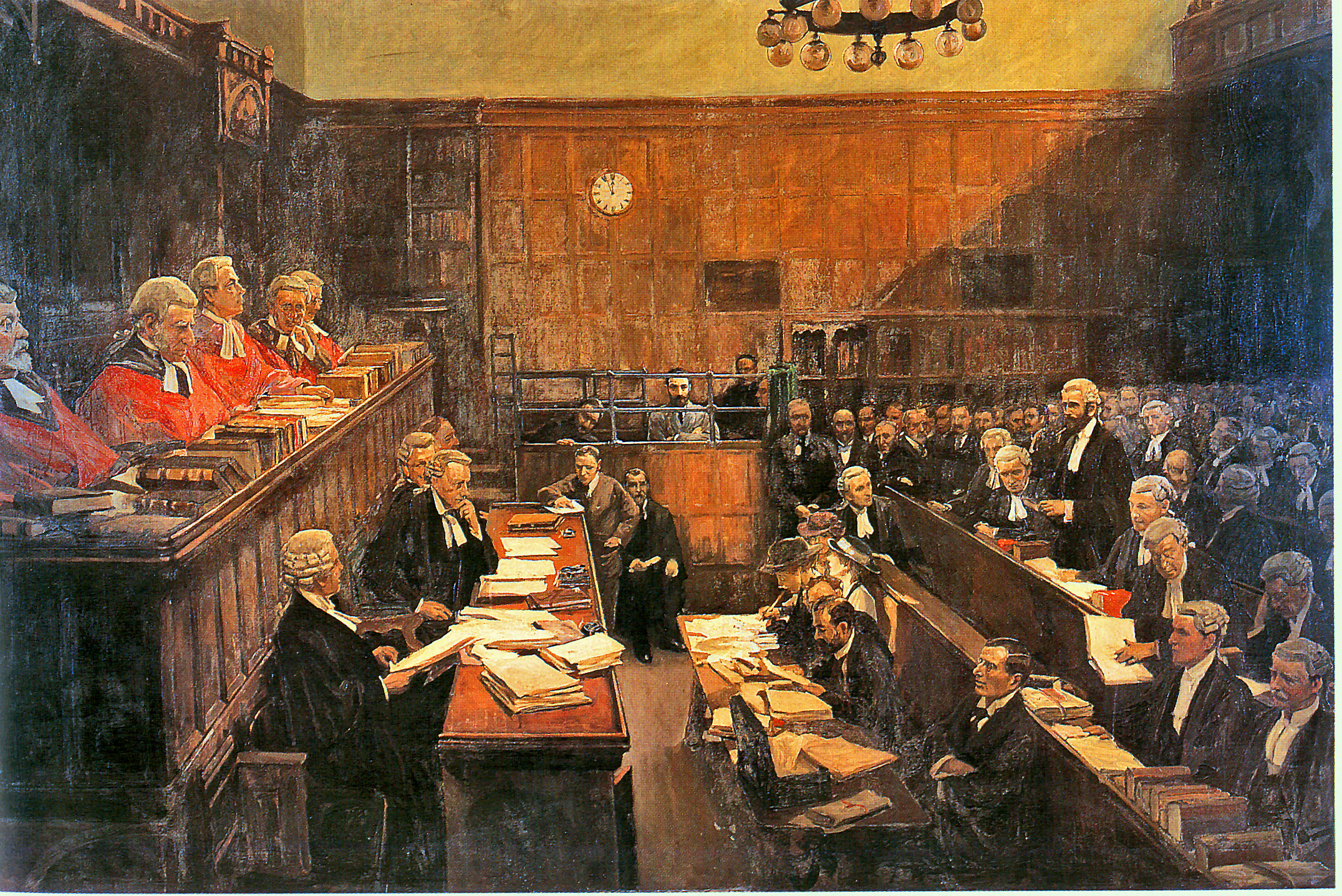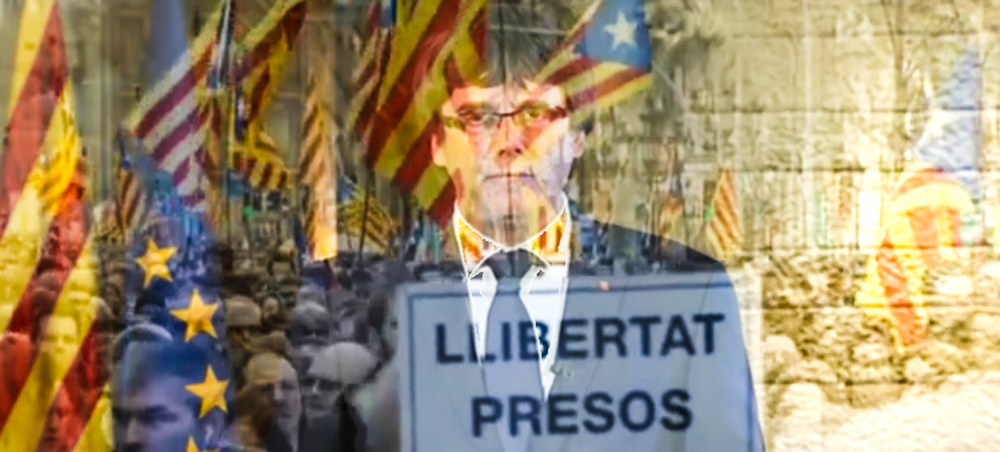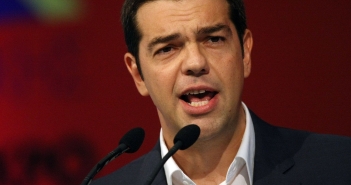Professional experience as a criminal lawyer has shaped my appreciation of the interplay between political subversion and its criminalisation. I have observed how real subversion often emanates from those state authorities inflicting punishment against the supposedly subversive.
This has come into sharp focus since a German court declined to extradite the deposed Catalan president Carles Puigdemont on foot of an arrest warrant requested by the Spanish government. Puidgemont is alleged to have used the public purse to fund the referendum, this despite Spain’s Prime Minister Mariano Rajoy actually admitting to parliament that he had not done so. Nonetheless, he faces the charge of rebellion in Spain carrying a prison sentence of up to 30 years, despite the non-violent approach. Fortunately, the German court decided that the offence was not the equivalent of treason under German law, which requires actual violence.
Subversion is deviation from a social construct or norm and, of course, a positive law. But the norm or law may in itself be morally fallible or sanctionable, and even subversive, an understanding state authorities generally refuse to permit.
In staging the referendum, Puidgemont was initiating a measure for which he received an electoral mandate from a large proportion of the Catalan people. The Spanish government responded in a manner that suggested it was reacting to a violent uprising, when there was no such thing. State violence is ongoing.
Spain has long been an aggregation of regional entities run from the centre, often in autocratic fashion. Under the Franco dictatorship (1939-75) non-Spanish identities were actively suppressed. Many inhabitants of the Basque country and Catalonia now regard themselves as belonging to distinct nations. Catalan separatism is not purely atavistic nationalism however, it also flows from a shared belief in republicanism, socialism and anarchism, and a repudiation of the political heirs of Franco operating in the ruling Partido Popular (PP).
Throughout history states have behaved criminally and used the law to justify it, as we are witnessing in Spain today.
The norm of Inca civilisation was the blood sacrifice of human victims. Euphemistically phrased, the norm of Nazi law was the ‘evacuation of the Jews’ or the ‘final solution of the Jewish question’. The norm of law enforcement in the Deep South of the United States until the 1950s was the lynching of African-Americans. The norm of the Irish police seems to be to frame people for sexual abuse. These norms are all anathema to fundamental human rights, but were carried out, or at least permitted, by state institutions.
A deviant and subversive state projects deviancy and subversion on its victims. Contrary views are tightly controlled. Thus the dissident or conscientious objector is prosecuted, sometimes for treason, as a deviation from an oppressive norm. For example, Andrei Sakharov, the Nobel Peace Prize-winning scientist and dissident, was imprisoned by the authorities in the Soviet Union for subversion.
Increasingly, protesters, leftists, and even human rights lawyers are labelled subversives by authorities subverting the institutions of the state. In Ireland politically-motivated prosecutions have been brought against elected representatives taking part in demonstrations. The Irish judiciary have to some extent resisted the subversive tide, but we may ask how long their independence will endure.
II
How are we to explain why more Spaniards are not resisting their government? We may assume that what Michel Foucault describes as the internalisation of punishment for deviant or unorthodox behaviour occurs. There is no need for a secret police force if people are disciplining their own inclinations to resist.
Foucault said that the direct punishment of earlier times had been internalised, and made more insidious by the exercise of social control in schools, hospitals and factories. In a 1978 interview he said:
In my book on the birth of the prison, I tried to show how the idea of a technology of individuals, a certain type of power, was exercised over individuals in order to tame them, shape them and guide their conduct as a kind of strict correlative to the birth of a liberal type of regime. Beyond the prison itself, a carceral style of reasoning, focused on punishable deviations from the norm, thus came to inform a wide variety of modern institutions. In schools, factories and army barracks, authorities carefully regulated the use of time (punishing tardiness, slowness, the interruption of tasks) activity (punishing inattention, negligence a lack of zeal); speech (punishing idle chatter, insolence, profanity); the body (punishing poor posture, dirtiness, lack in stipulated reflexes) and finally sexuality (punishing impurity,)
Right-wing conservatives across the world have always been concerned about the radicalisation of youth, and seen universities as hotbeds of opposition and free thinking. This is leading to the marginalisation and demonisation of left-wing scholars, but the internalisation of control has a more dangerous outcome.
In colleges, universities and schools we find widespread suppression of free speech and discourse. Discussion is increasingly confined to narrow parameters, with potentially divisive subjects avoided. A generation of rote learners, not critical thinkers, is on the rise. We are in an age of conformity, where obedience has become a sine qua non for career advancement, as Noam Chomsky reminds Andrew Marr in this interview for the BBC in the 1990s.
The era of uninhibited and rambunctious debate in campuses is drawing to a close. One reason is the so-called ‘snowflake’ phenomenon, where anything remotely controversial is deemed too upsetting for the listener. This is a method of thought control, which often serves to diminish criticism of vested interests. All of these cultural factors are yielding a generation (with many honourable exceptions) who are technocratic and dangerously compliant: a growing body of amoral ‘yes men’ who willingly carry out orders.
Moreover, within the college structure, promotion and preferment is linked to an increasingly controlled discourse where ideas that cut across dominant norms are penalised. The new paradigm is neoliberal and knee-jerk conservatism, which morphs easily into the kind of authoritarian rule we see mustering in Spain – a democracy with the trappings of a dictatorship.
An indicator of a growing educational void in that country is the current investigation there into irregularities into the seemingly corrupt way a master’s degree was awarded to Madrid regional premier Cristina Cifuentes. The scandal has extended to another representative of the ruling Partido Popular (PP) whose qualification did not require him to attend class or take exams. The public university King Juan Carlos University has strong ties to the conservative government: he who pays the piper calls the ideological tune. Across the world, it is increasingly advantageous for academics to adopt right-wing viewpoints.
In conjunction with a compliant Spanish media – including, regrettably, the once liberal El País – it means views offending a dominant norm are characterised as deviant or dissident, or subversive. Yet the norm itself may be subversive, as in the Spanish government’s reaction to Catalan separatism.
III
Treason has always been a political prosecution by the victors. Sir John Lavery’s famous portrait of the Court of Appeal trial of Roger Casement springs to mind. He was charged with high treason and executed by the British for attempting to end their rule in Ireland. Mr Justice Darling gazes down on him with barely concealed contempt. The accused looks depressed, as well he might. Casement, once the terrorist, is today held up as a hero and martyr in Ireland. One should always interrogate who is accusing whom of treason, and why.

Sir John Lavery’s painting of the trial of Roger Casement.
The great Spanish poet Federico Garcia Lorca was brutally murdered in 1936 for his opposition to the violent imposition of an authoritarian quasi-fascist state in Spain. The rebel who wins becomes a national hero: to the victor the spoils of office, including the judicial arm.
Woe betide his enemies, such as Lorca. Ironically in the Spain Civil War (1936-39) it was traitors who murdered him: traitors against a legitimate left-wing coalition government. The Nationalists rebelled, invaded Spain from colonies in Morocco and took Lorca’s life, along with hundreds of thousands of others.
During and after the Civil War, the victorious Nationalists charged thousands of vanquished Republicans with treason for defending a legitimately constituted state. Thus we found the subversive justice of the traitorous victors against the constitutional losers.
High treason is generally a dubious classification intimately connected to power. The Spanish government has the power in Spain today, and is ruthlessly subverting the law for political ends.
In an age of ascendant nationalism and irredentism, the vectors of centralisation and monolithic control are growing more resilient as transnational agencies fragment. The EU has looked on at what is happening in Spain with the insouciance of a latter-day Neville Chamberlain.
This even after Pablo Casado the Prime Minister Rajoy’s spokesman warned that Pudgemont would end up like Catalan Civil War independence leader Lluís Companys. Companys was handed over to Franco’s regime by the Gestapo and shot by firing squad in 1940. Considering the lack of independence of the Spanish judiciary, any prosecution seems likely to be a show trial.
At least the Schleswig-Holstein court scrupulously examined the extradition warrant against Puidgemont to assess whether the Spanish offence of rebellion was at idem with an allegation of high treason under German law. For a European arrest warrant to succeed, the court must be satisfied that there is an identical offence under domestic law. This involves a comparison of the matter and detail of the laws operating in each jurisdiction.
The loose definition of violence under the Spanish law of rebellion indicated it was not equivalent to the German law of treason. That objective assessment has unleashed a hysterical response from members of the Spanish government and media, including El País, amidst claims that the decision was politically motivated. More substantively, an appeal has been lodged with European Court of Justice in Luxembourg.
German courts enjoy a reputation for impartiality. But given the extremely political nature of the charge, one may wonder whether political pressure was applied to the court. The political motivation would surely have been to favour the Spanish government’s argument. So hurrah for the presiding judge Martin Probst and his colleagues Matthias Hohmann and Matthias Schiemann.
Subversion of political objectives, where the judiciary upholds human rights, may have negative consequences for individual judges who feel the pinch of state control, seen starkly in Poland. But as Foucault observed, modern punishments act more subtly through the internalisation of subversive norms.
IV
An Enemy of The People is perhaps Henrik Ibsen’s most overtly political play. The premise is simple: a prominent and well-connected local engineer, whose brother is the town mayor, is asked to conduct a survey of the municipal water supply. The town in question is famous as a spa resort, attracting a great deal of tourism. But when the tests are carried out, he finds serious impurities and informs the townsfolk of the results.
The reaction is revealing, and dispiriting. Rather than lauding his wisdom in carrying out the analysis, vested interests turn on him with ever-increasing ferocity. A storm of hatred is unleashed.
He will destroy the local economy. Livelihoods will be effected. The industry of the town will suffer. The whistleblower is shunned, ostracised, victimised. His family is torn apart and he becomes an enemy of the people. The mob descends in all its unfettered glory.
Those that seek to expose corruption – its multi-hydra tentacles which reach the highest levels of power – are often disposed of by whatever means necessary. They have drawn the enmity of the powerful: the ones who matter.
Puigdemont is no money launderer or expropriator of public funds, as many in the highest ranks of the PP have been revealed to be. He is no traitor, but an elected representative who endeavoured to offer the Catalan people the chance to declare a desire for independence, only to see the attempt attacked by the central government, whose violent excesses recalls the the Franco dictatorship.
We often see mismatches between crime and punishment. The fictional John Valgean in Victo Hugo’s Les Miserables is maliciously persecuted for his theft of a loaf of bread. On the other extreme, those companies that now systematically plunder the world’s environment and usher in an era of unheard of inequality escape punishment having manipulated democracy.
It’s quite simple. Subversives among the corporate elite would prefer a centralised Spain. An independent Catalonia or Basque country could spell trouble for transnational commerce.
So let us take stock and assess carefully the use of terms such as dissidence, subversion and deviance which are bandied about. Let us consider who are the real traitors.
Rebellion may be rebellion against tyranny, or it may be a counter-revolution involving those who are resistant to genuine democracy. So let us be wary of subversion by those who are themselves subversives.
This article was written in collaboration with Frank Armstrong and A. Reynolds.




